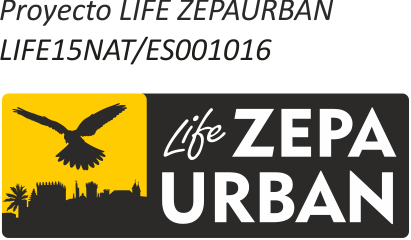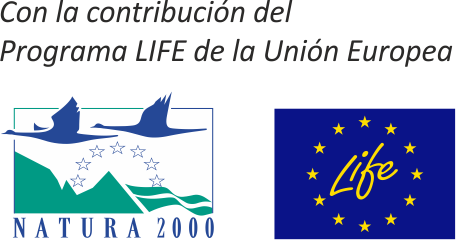The ecosystems and biodiversity of Spain have suffered an accelerated process of alteration derived from economic activities linked to intensive land use and high levels of consumption. The ecological footprint has doubled, but also these alterations have repercussions for human wellbeing. The contributions that the ecosystem makes to human wellbeing, whether direct or indirect, are known as ecosystem services.
Based on the report “Ecosystems and Biodiversity of Spain for Human Wellbeing” 45% of the ecosystem services evaluated have been degraded and are being used unsustainably. The growth of the urban population is promoting a model of recreation and tourism that on occasions, enters into conflict with the conservation of the socio-ecological functions of the territory.
In this action, ecosystem functions will be analysed from the point of view of its use by humans as an ecosystem service. For that, those services have been selected that are given in the document Evaluation of Ecosystems of the Millennium in Spain that could be seen to be affected by the development of the project. In this initiative four types of ecosystems services are being looked at: support, provision, regulation and cultural. To undertake an exhaustive measure of all these services would mean a volume of work beyond the scope of this project. Therefore, only those have been selected that can be measured and in which the project is likely to have some impact.
For the development of this action the following work plan will be used:
- Identification of ecosystem services related to the project.
- Determination of indicators for each one of these services. Whenever possible quantitative indicators will be used.
- Establishment of a monitoring protocol for these indicators.
- Start the monitoring considering the first year as a reference base for measuring the effect of the project in the ecosystem services selected.
A priori the following regulation services will be measured and analysed: diseases and outbreaks, protection against danger and pollination, and the following cultural services: spiritual and religious, recreation and tourism, aesthetic and cultural heritage.
Given the principally urban character of the LIFE Zepaurban and its specific focus in relation to the local population and the tourist sector, special attention will be given to the socio-economic impact of the project (action D2) that are closely related to cultural services. To measure the regulation services the results obtained from the action A2 Study and characterisation of the feeding habitat of lesser kestrels in the urban SPAs and roosts in Extremadura will be used. With respect to the impact of the project on lesser kestrels, a specific action has been developed to measure the impact of the project in the species (action D1).
The results of the earlier actions as well as the those derived from the indicators on project progress (action D3) will be included in the development of this action. However, this action will serve to measure more than the direct benefits of the project, seeking also to analyse the indirect effects that the project will produce in the area covered. In this way, it will make visible these effects or benefits with the ultimate objective of building awareness about the need for human activities to be set in the concept of sustainable development.
Responsible for Implementation: General Directorate of the Environment.

